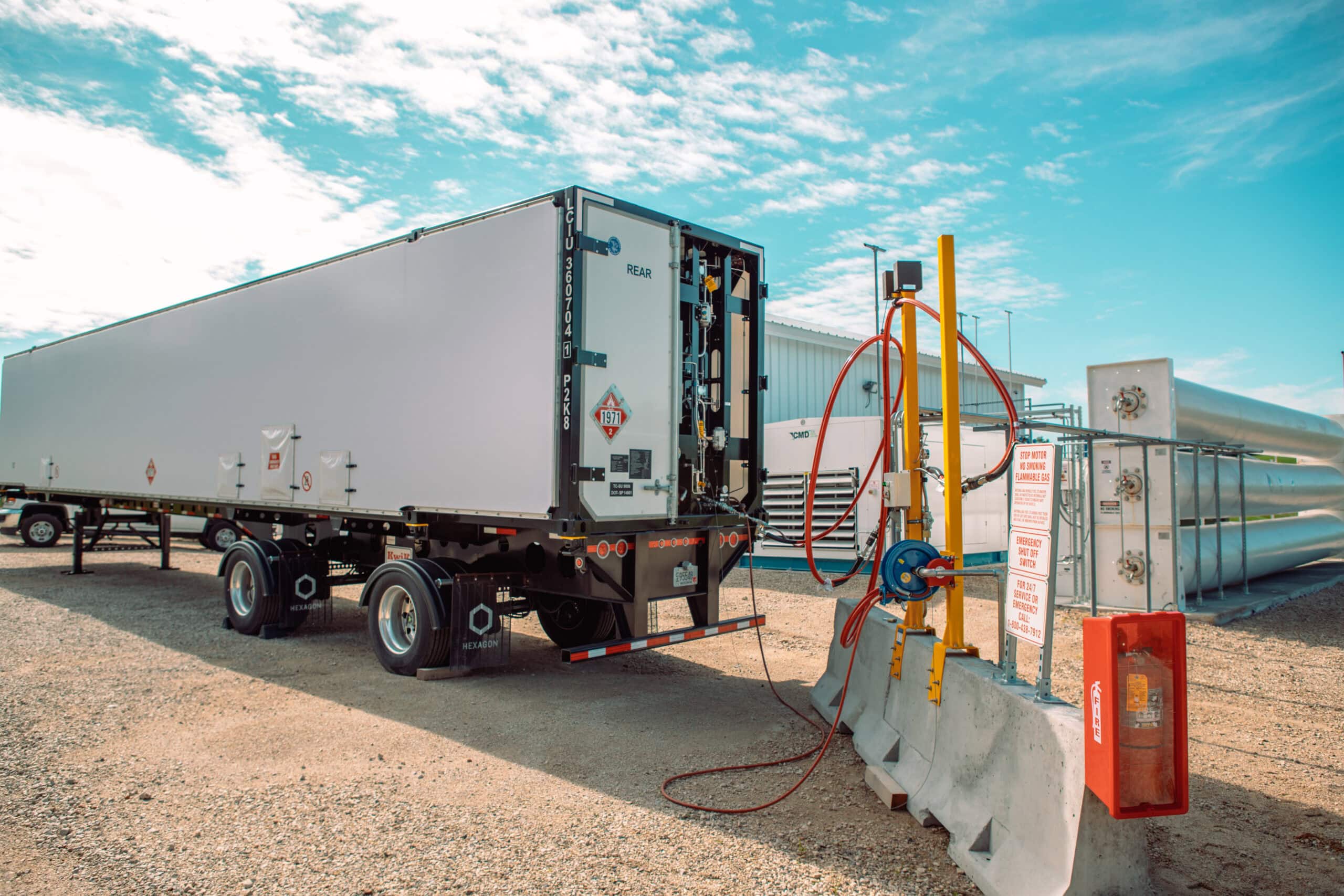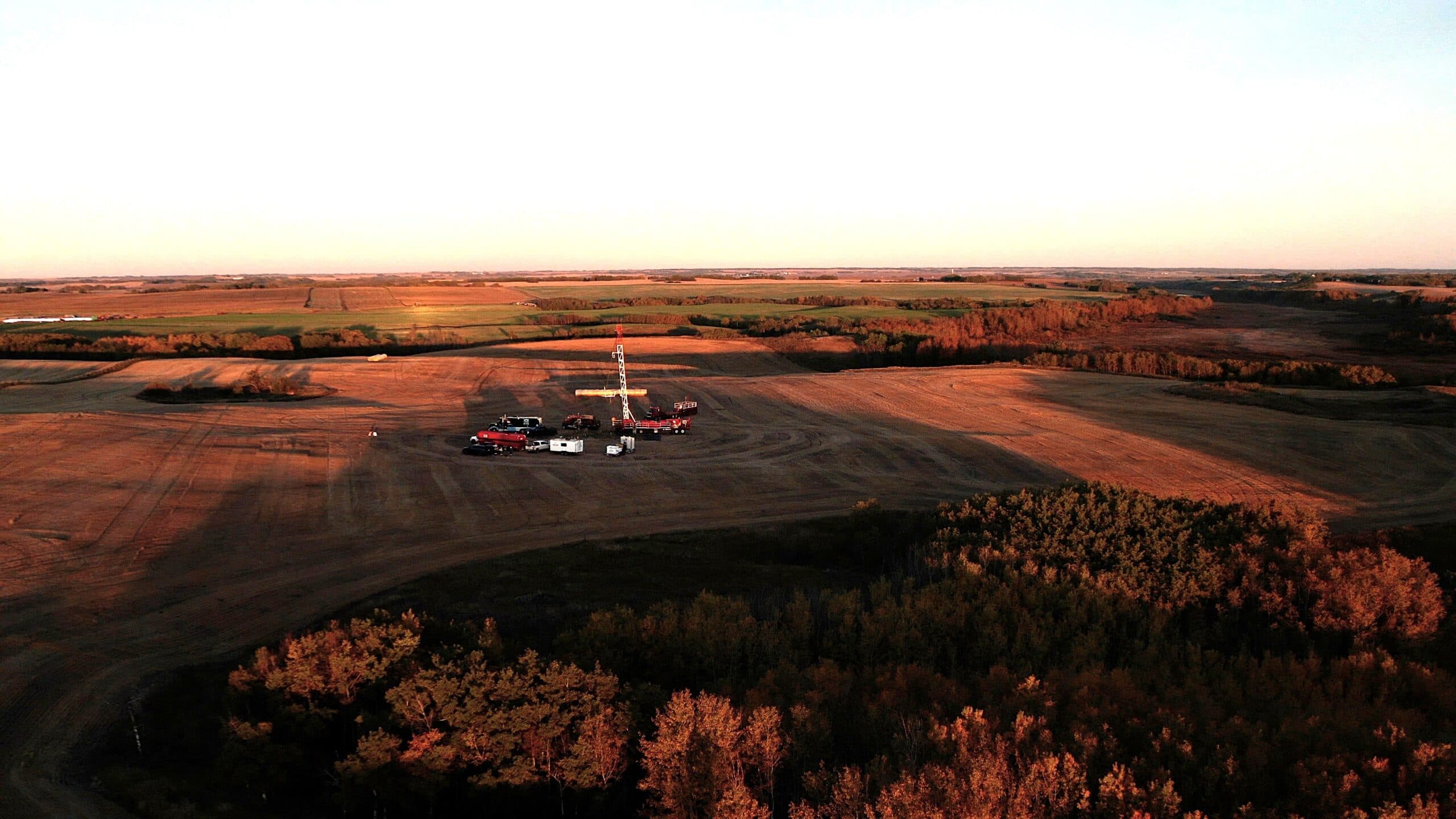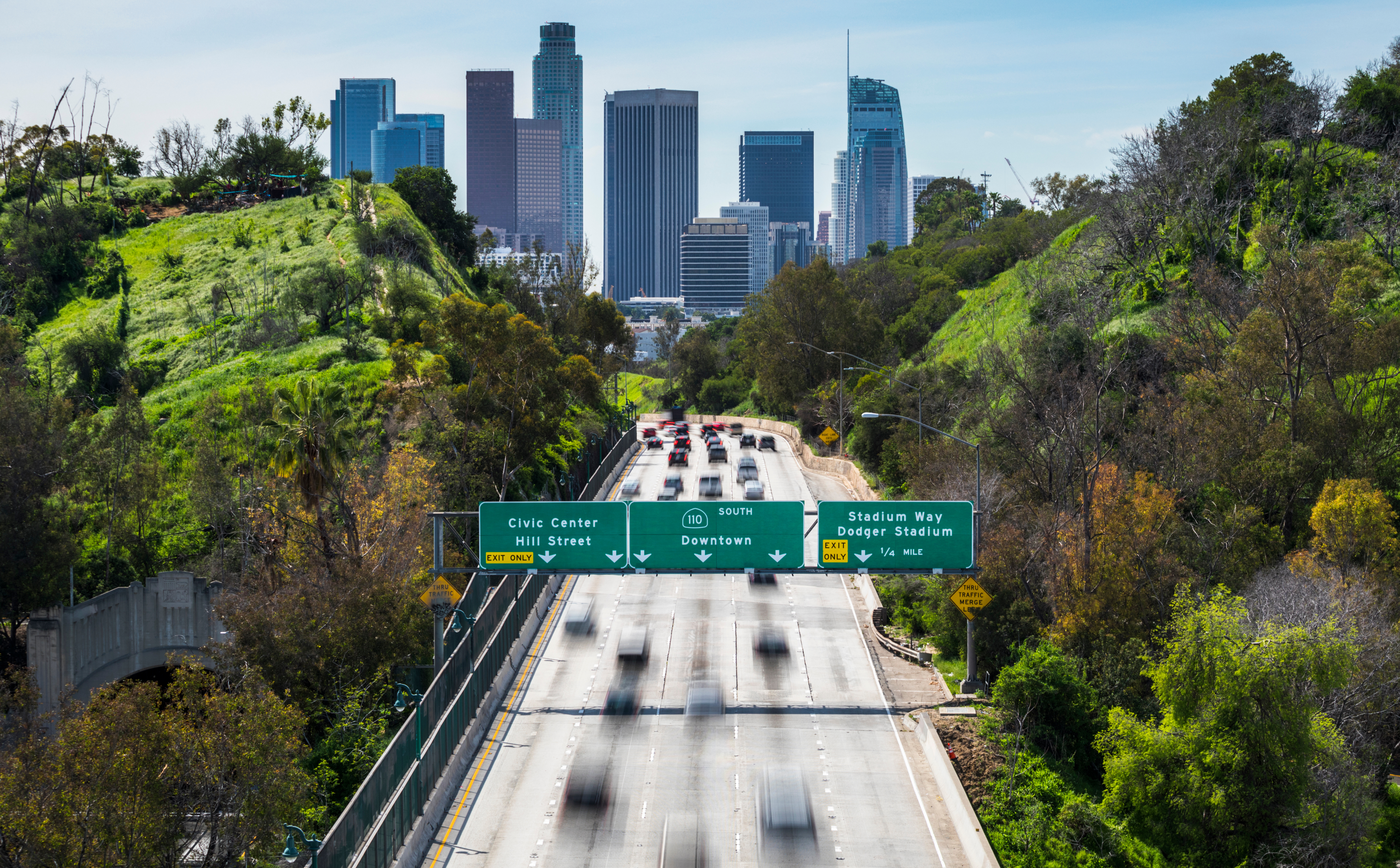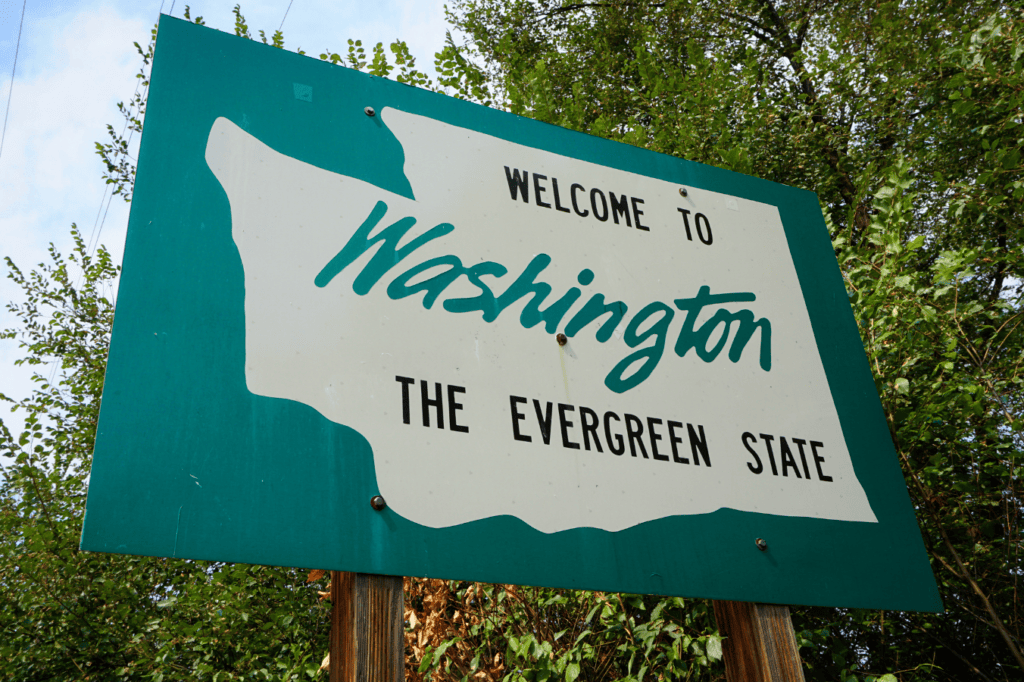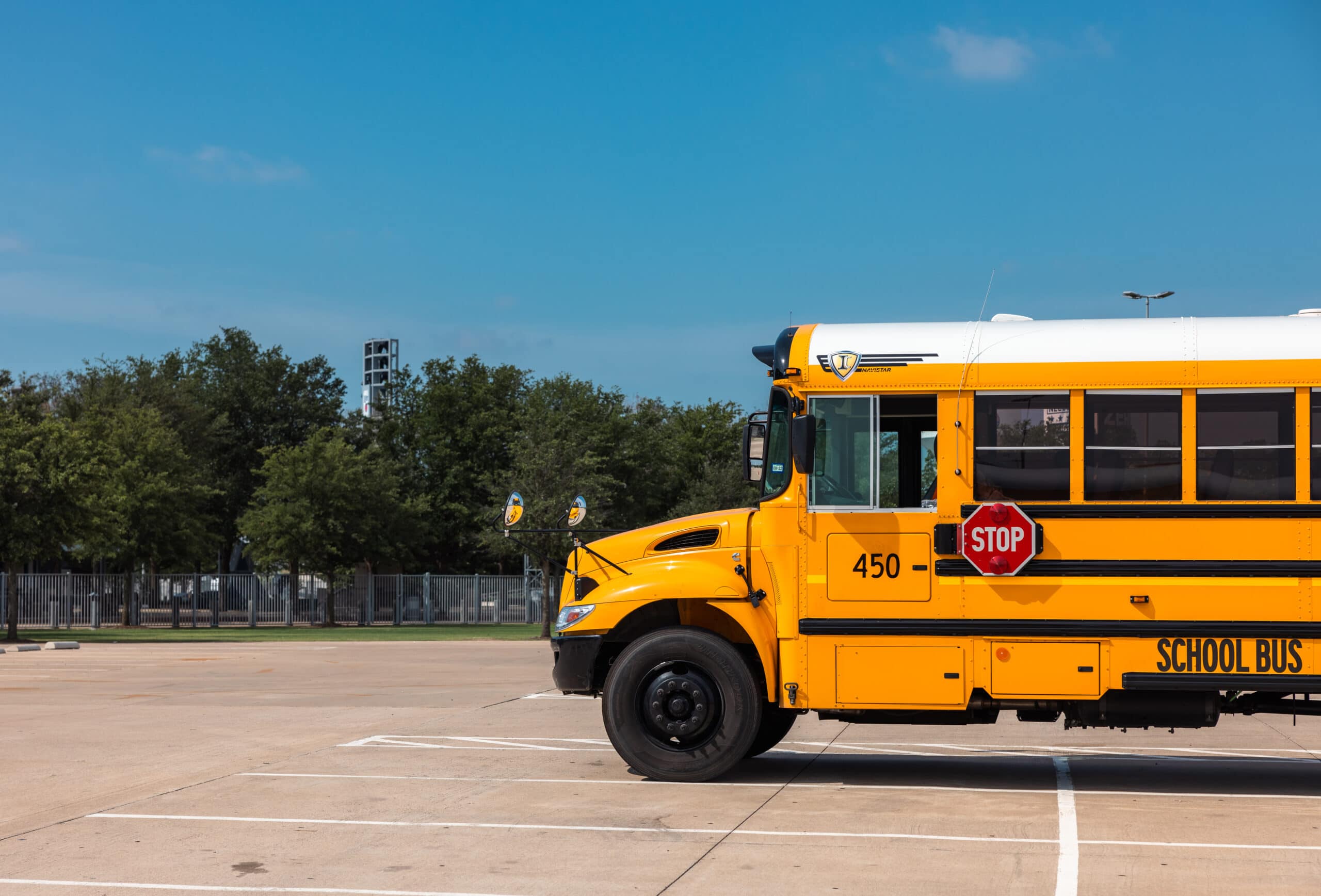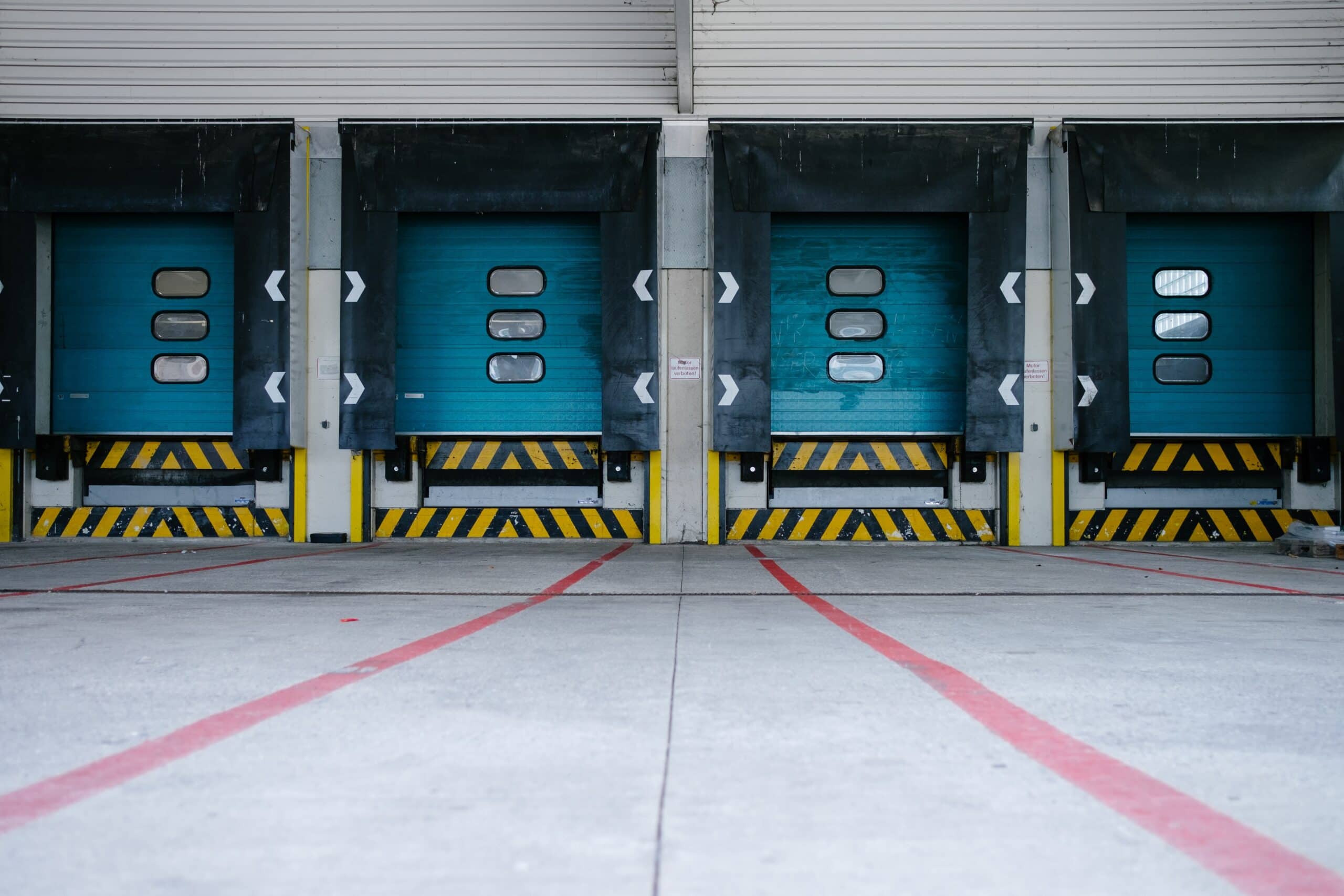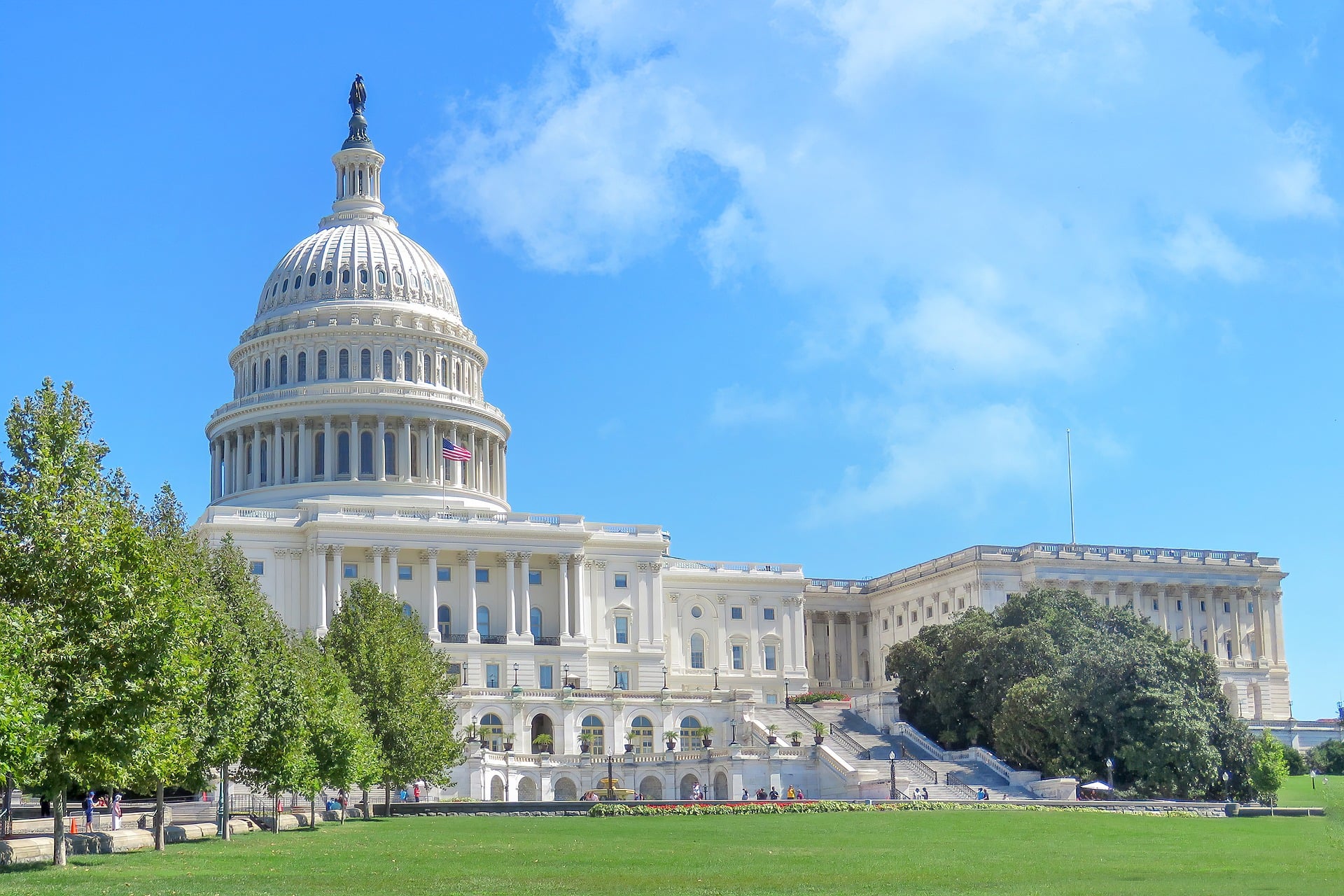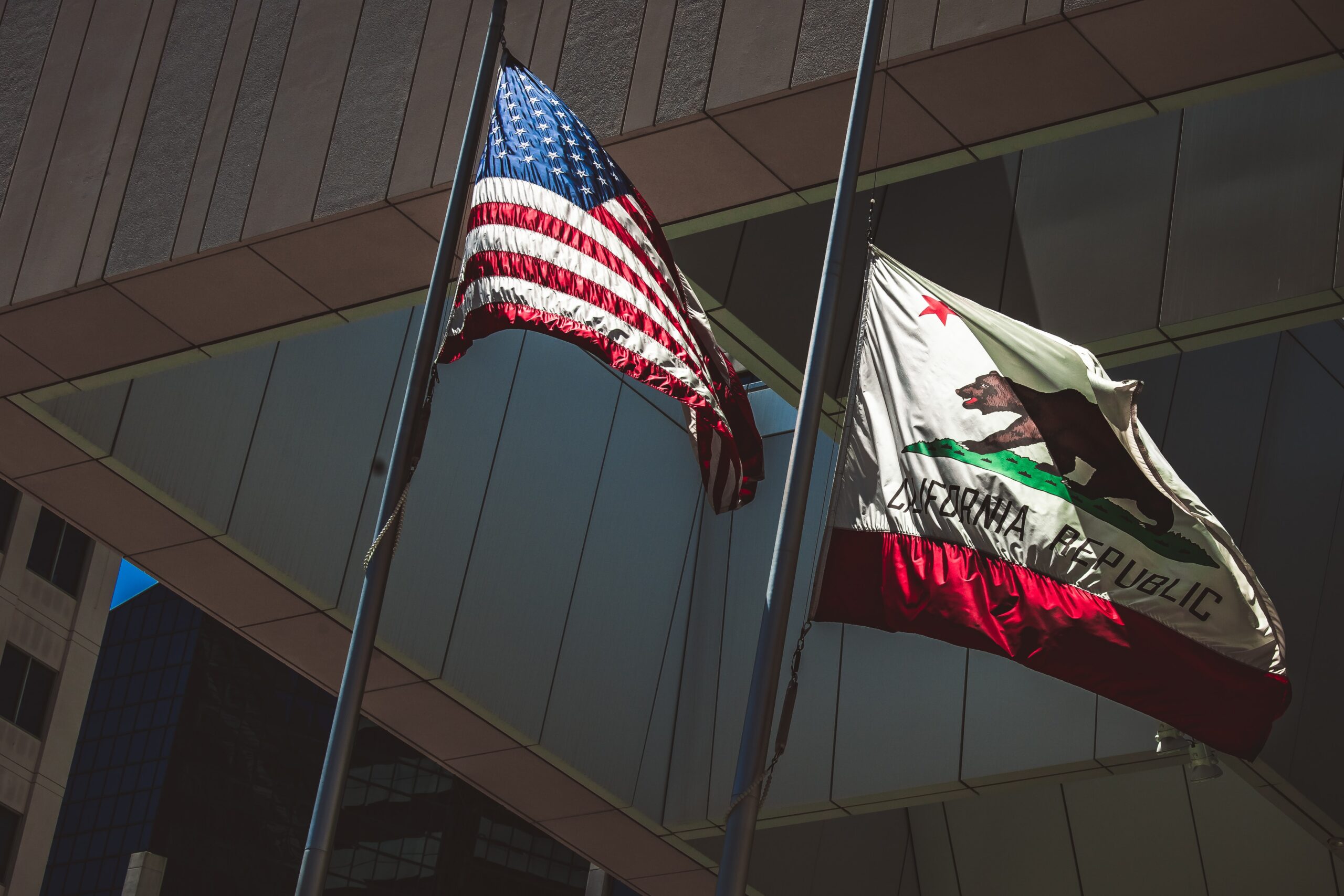Education Center / British Columbia’s Low Carbon Fuel Standard (LCFS)
Blog
Category: Environmental Credits, Low Carbon Fuel Programs, Regulatory
British Columbia’s Low Carbon Fuel Standard (LCFS)
Fleets and organizations alike have become accustomed to hearing of California’s LCFS, Oregon’s CFP, and the United State’s federal RFS. However, fewer are aware of British Columbia’s LCFS (BC-LCFS). To find out how this standard compares to others and the impact it has on the adoption of alternative fuels within Canada, keep reading below.
BC-LCFS: PROGRAM OVERVIEW
Established in 2008 and implemented in 2013, the BC-LCFS is an environmental commodity program for the British Columbia province. Comprised of two pieces of legislation, the Greenhouse Gas Reduction Act and the Renewable & Low Carbon Fuel Requirements Regulation, this standard aims to reduce transportation-related emissions through the incentivization of low-carbon alternative fuels. With Canada still working to finalize details for a clean fuel standard that will span the jurisdiction of all its provinces, the BC-LCFS has brought much needed action to the area, and is setting a precedent for those regions that follow in its footsteps.
As of 2020, the BC-LCFS had required all fuel suppliers meet an annual 1.09% reduction in their fuels’ carbon intensity (CI) scores. These compounding percentages will result in 30% emission reductions by 2030 when compared to a 2010 benchmark. Further, this standard requires gasoline to have at least a 5% annual renewable content followed by 4% for diesel—aiming to reduce fossil dependency in the region.
BRITISH COLUMBIA’S LCFS: FREQUENTLY ASKED QUESTIONS
Who is Considered a Fuel Supplier? Fuel suppliers are any party who either imports or manufactures fuel within British Columbia, whether that be renewable or fossil fuels. If a supplier’s fuel has a carbon intensity (CI) score higher than the program target, that supplier will generate a credit deficit. Conversely, if the fuel has a CI score lower than the target, a credit surplus will be generated. All suppliers are required to comply with the BC-LCFS unless they qualify for an exemption.
What Program Exemptions Exist? For the 2021 compliance year, parties supplying less than 25 million liters (~6.6 million gallons) of fuel are exempt from complying with the BC-LCFS. However, this figure drops to 200,000 liters (~52,834 gallons) starting 2022—building out the framework for a more aggressive emission reduction strategy. A comprehensive list of exemption details can be found here.
What is Considered a Part 3 Fuel? Within British Columbia’s Greenhouse Gas Reduction Act, fuel types are categorized according to their composition, and in eligible cases, incentivized accordingly. Under the BC-LCFS, Part 3 fuels can generate financial credits, thanks to their emission reduction potential. A Part 3 fuel is considered any low-carbon fuel that is incentivized under the BC-LCFS—more specifically, any gasoline or diesel class fuel that does not include an energy source that’s excluded by the regulation. Currently, under this standard, some of the incentivized fuels include CNG, LNG, electric, hydrogen, ethanol, biodiesel, and propane.
What is a Part 3 Agreement? A Part 3 Agreement is formed between a Part 3 fuel supplier and the director appointed under the Greenhouse Gas Reduction Act. Under this agreement, the fuel supplier commits to actions that will help reduce greenhouse gas (GHG) emissions through the use of Part 3 fuels. In turn, the fuel supplier will generate clean fuel credits for all low CI fuels they produce. These credits can then be used in turn to offset a deficit, sold to deficit holders, or banked for future use.
How Much Are Part 3 Credits Worth? Overall, credit prices for the BC-LCFS have been trending upwards, creating a lucrative market for clean fuel suppliers. Dating back to the 2015 compliance year, this chart from the Ministry of Energy, Mines, and Low Carbon Innovation shows how prices have climbed almost 250% to the present day. Additionally, it notes how since 2017, there has been a net credit deficit—signaling that there are not enough clean fuel credits in the region to help fuel suppliers cover their fuel’s CI deficit.
WHY IS THE BRITISH COLUMBIA LCFS SO IMPORTANT?
Air Quality Improvements: Since 2010, collectively, British Columbia’s LCFS and clean fuels regulations have helped avoid more than 10 million tonnes of greenhouse gas (GHG) emissions. Additionally, extended out to 2030, this standard is projected to help reduce transportation-related emissions in the area by 4 million tonnes annually. Whether developing renewable natural gas and sequestering its otherwise potent greenhouse gases or using solutions such as electric or hydrogen that bear zero tailpipe emissions, Part 3 fuels are resulting in cleaner air and healthier communities.
Clean Fuel Development & Adoption: The Paris Agreement strives to limit global warming to 2, if not 1.5, degrees Celsius above preindustrial levels. Through the BC-LCFS, fleets and organizations are mandated to either purchase credits to cover their deficit or supply low carbon alternative fuels. In being an early adopter of a clean fuel standard, fuel suppliers within British Columbia can benefit from financial incentives—affording them and fleets the ability to purchase necessary vehicle technology, build out associated infrastructure, and secure fuel supply.
WHAT’S NEXT WITH THE BRITISH COLUMBIA LCFS?
Recognizing the impact these environmental commodity programs have on fueling decarbonization across sectors, the BC-LCFS was recently extended to 2030 and beyond. This is in response to their commitment under CleanBC where they’ve agreed to a 30% CI reduction target by 2030. Here to stay, learn what this means for your fleet by contacting us today.



